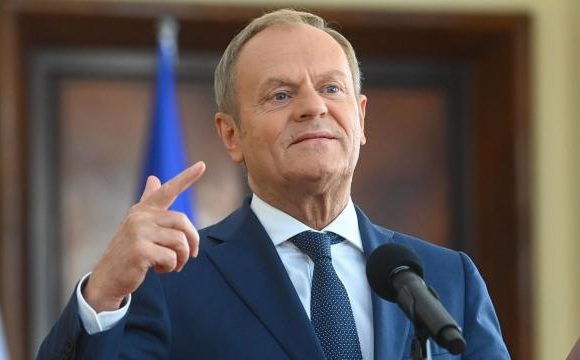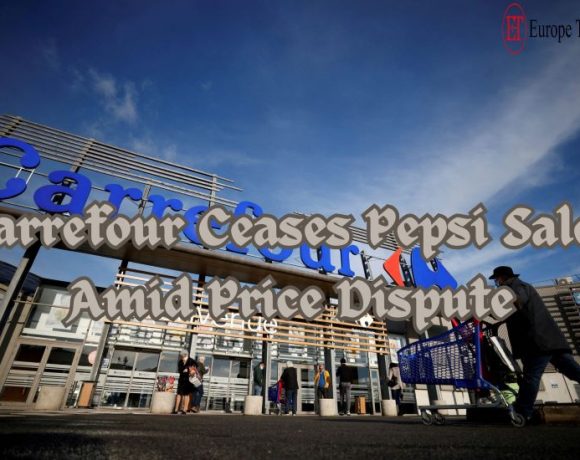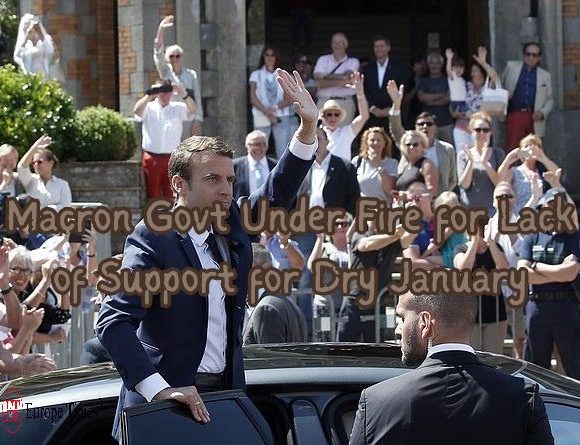
Polish Prime Minister Donald Tusk urges voters to avoid war by voting in the European elections. Emphasizing security and the threat of Russian aggression, Tusk’s Civic Coalition stresses the importance of a united EU stance against Moscow, particularly with pro-Russian parties gaining traction in central Europe.
Poles, historically and geographically wary of Russia, are being urged to vote to protect themselves. Northern Poland shares a heavily monitored 230km (142 miles) border with Kaliningrad, a Russian exclave. Since Russia’s full-scale invasion of Ukraine, Poland has tightened security and plans to further reinforce the border with a 10-billion-zloty (£1.992bn) “Shield East” project, coordinated with Lithuania, Latvia, and Estonia.
While Tusk’s opponents, the Law and Justice party (PiS), focus on issues like the EU’s migration deal and the Green Deal, they also recognize the Russian threat, having invested heavily in defense during their governance. This election sees PiS candidate Karol Karski drawing attention with a campaign video of him symbolically stopping a Russian tank.
In schools, Polish children are learning survival skills, reflecting the national concern over the Russian threat. Captain Dominik Pijarski of the 6th Mazovian Brigade confirms that Poland is preparing for a real threat from Russia, with the entire nation learning lessons from the Ukraine invasion.
However, not all Poles unconditionally support Ukraine. In rural areas, farmers protest against the EU Green Deal and competition from Ukrainian farmers who benefit from tariff-free exports and can use banned chemicals, leading to higher productivity. These farmers support Ukraine militarily but feel the economic impact is unfair.
The European election has not generated much excitement, with traditionally lower turnout compared to national votes. However, Tusk’s final rally in Warsaw will likely focus on security, reiterating the ongoing risk of living next to Russia and the need for European vigilance.
Picture Courtesy: Google/images are subject to copyright



